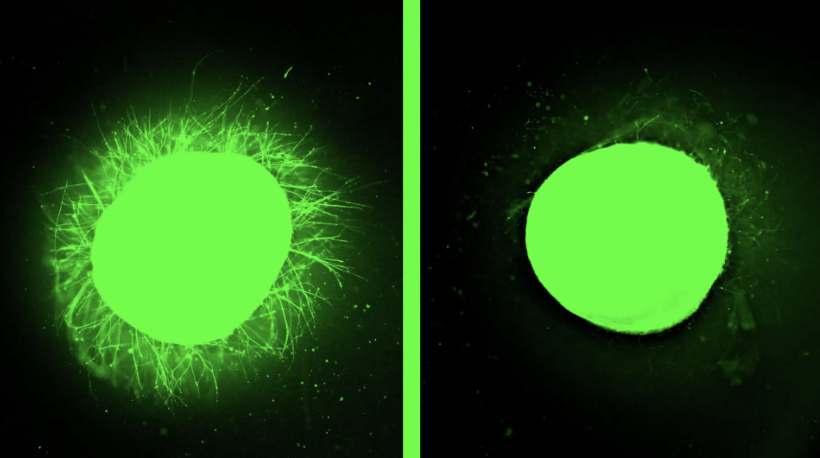TCR cell therapies vanquish solid tumors — finally
Journal: Nature Biotechnology
Author: Charlotte Harrison, USA
This paper discusses the case of the first genetically modified T-cell therapy receiving FDA approval, successfully treating synovial sarcoma. Unlike CAR-T therapies, which have primarily been successful in blood cancers, TCR-T cell therapies are showing promise in solid tumors as well. Notably, the mechanism of recognizing and attacking intratumoral antigens has been enhanced, expected to usher in a new era of immunotherapy. Furthermore, research is ongoing to apply multiple T-cell therapies in a patient-specific manner.
Building Better mRNA for Therapeutics
Journal: Nature Biotechnology
Author: Bei Liu, Tao Pan, USA
This study explores ways to improve mRNA translation efficiency for therapeutic purposes. The research involves developing multicapped and circular mRNAs that can enhance protein production, making mRNA-based vaccines and therapies more effective. This innovation could impact how mRNA vaccines and therapies are designed for faster, safer, and more reliable outcomes.
Plastic-Eating Bacteria Boost the Business of Bioremediation
Journal: Nature Biotechnology
Author: Ben Johnson, USA
This study uncovers bacteria capable of degrading plastic waste, offering a biological solution to the mounting environmental problem of plastic pollution. This approach could lead to the development of scalable bioremediation technologies for cleaning up oceans and landfills.
New Structure of CRISPR-Cas Homolog Shows Promise for Gene Editing
Journal: ScienceDaily
Author: Various contributors, USA
Researchers have unveiled a new structure of the eukaryotic CRISPR-Cas homolog Fanzor2, which could improve gene-editing precision. This advancement may open new avenues in therapeutic gene editing, particularly for complex diseases that require precise genetic modifications.



